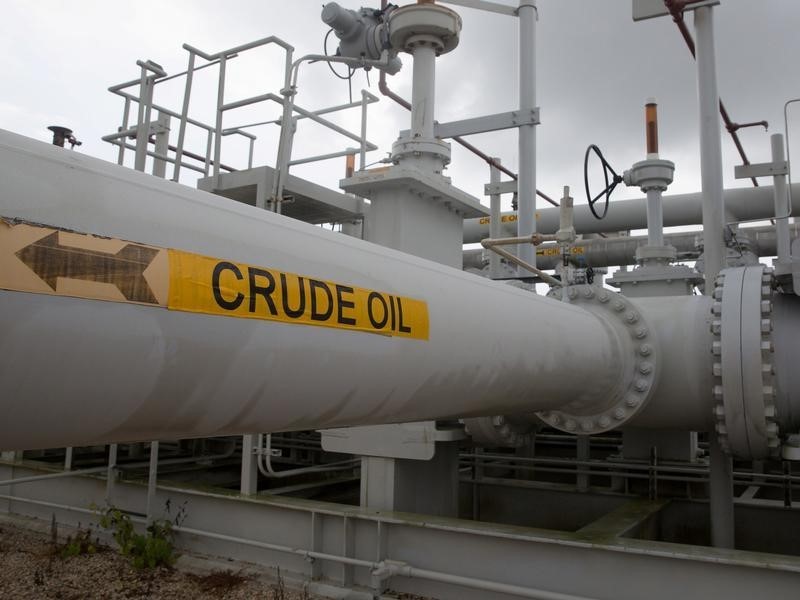(Bloomberg) -- Oil dropped after a two-day gain, with investors weighing plans by OPEC+ to progressively add production over the coming three months against evidence that the roll-out of vaccines is boosting consumption.
West Texas Intermediate fell after rising Wednesday, when an Energy Information Administration report showed U.S. oil inventories hit a five-week low. While gasoline holdings rose, a gauge of demand continued upward.
Crude has traded in a narrow band around $60 since mid-March. Although signs of improving consumption have aided prices, still-stubborn Covid-19 outbreaks and renewed lockdowns, especially in Europe, have acted as a counterweight. Against that mixed backdrop, the Organization of Petroleum Exporting Countries and its allies have announced a roadmap to ease production curbs over the three months to July by restoring more than 2 million barrels a day.
“The global vaccine reflation theme is taking a breather,” said Howie Lee, an economist at Oversea-Chinese Banking Corp. in Singapore. “Oil looks like it will continue to consolidate around $57 to $62 for now.”
In the U.S., there are signs of improvement. Refineries are operating at 84% of capacity, rising above 15 million barrels a day for the first time in more than a year, the EIA said. Still, that’s below the pre-pandemic five-year average.
In addition, Federal Reserve policy makers signaled that the central bank will go on supporting the economy to safeguard the recovery, buttressing the outlook for energy consumption. Minutes from their last meeting showed that officials see some time before conditions would be met for tapering.
Brent’s prompt timespread was 36 cents a barrel in backwardation. That’s a bullish pattern, with near-term prices at a premium to those further out, but it’s down from 54 cents a month ago.
While broad financial markets have aligned with a risk-on theme, oil has yet to fully follow that trend, according to Lee. But with more getting inoculated, it’s oil demand, rather than supply, that will become the key driver, he said.
©2021 Bloomberg L.P.
